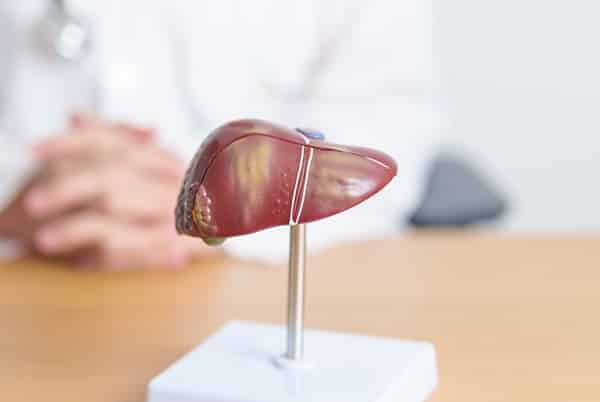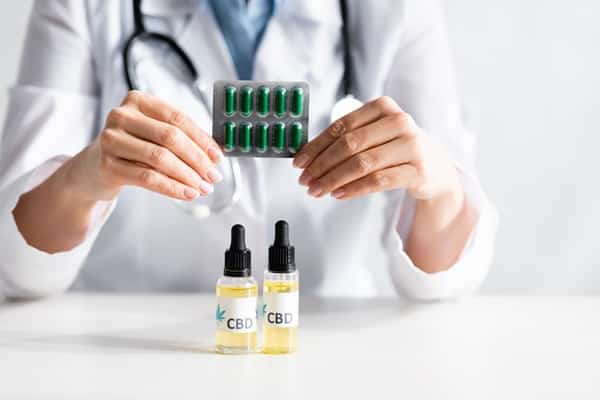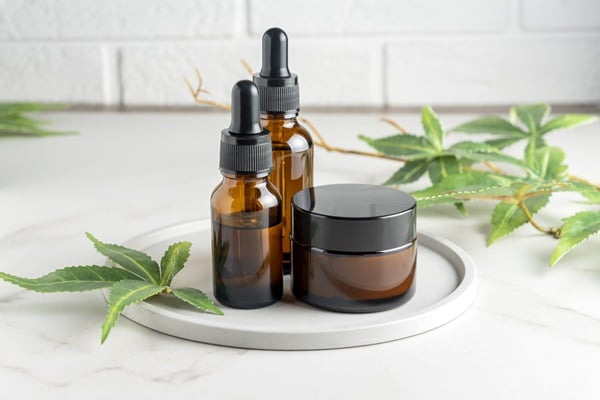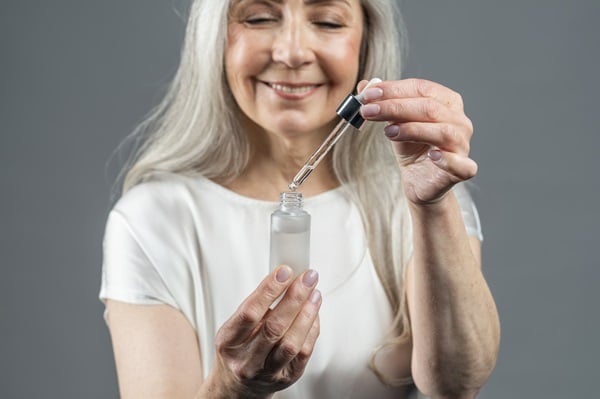Cannabidiol, commonly known as CBD, has surged in popularity as a natural remedy for various health conditions. Despite its widespread use, there’s growing curiosity about its potential side effects. This compound, derived from cannabis plants, is often praised for its therapeutic benefits without the psychoactive effects of THC. However, as its usage becomes more prevalent, understanding its impact on health is crucial. This article delves into the potential side effects of CBD, offering insights into its physical and mental effects, interactions with medications, and considerations for specific populations.
Contents
The Basics of CBD

CBD, short for cannabidiol, is one of over a hundred compounds found in cannabis plants. Unlike its more famous counterpart, THC, CBD is non-psychoactive, meaning it doesn’t cause the ‘high’ associated with cannabis. This unique characteristic has contributed to its growing popularity as a therapeutic agent. CBD is extracted primarily from the hemp plant, a variety of the Cannabis sativa species that contains minimal THC.
The way CBD interacts with the human body is through the endocannabinoid system (ECS). This system plays a crucial role in regulating a range of functions, including sleep, appetite, pain, and immune system response. CBD influences the ECS by interacting with its receptors, potentially offering therapeutic benefits. This interaction is key to understanding CBD’s effects on the body, which differ significantly from the effects of THC.
Common Uses of CBD

CBD is widely used for a variety of health issues. One of the most common uses is for alleviating anxiety. Studies suggest that CBD may help reduce anxiety symptoms by altering the brain’s response to the chemical serotonin. Additionally, many people use CBD for chronic pain relief. It’s thought to reduce inflammation and interact with neurotransmitters, potentially offering an alternative to traditional pain medications.
Another significant use of CBD is in treating certain types of epilepsy. The FDA has approved a CBD-based medication for treating severe forms of epilepsy, highlighting its potential as an anticonvulsant. Beyond these applications, CBD is also explored for its potential to address sleep disorders, reduce acne, and even aid in heart health. These varied uses underscore the growing interest in CBD’s therapeutic potential across a broad spectrum of health conditions.
Physical Side Effects

While CBD is generally considered safe, it’s not without its side effects. One of the most common physical side effects is fatigue. Users often report feeling drowsy or lethargic after taking CBD, particularly in higher doses. This can be a benefit for those seeking help with sleep issues but a drawback for others. Another side effect includes gastrointestinal issues, such as diarrhea and changes in appetite. These symptoms are usually mild but can cause discomfort for some users.
Other physical side effects can include dry mouth and changes in weight, either weight gain or loss. CBD may also affect liver enzymes, which can interfere with how the body processes certain medications. It’s crucial for users to be aware of these potential side effects and monitor their body’s response to CBD, especially when starting use or adjusting dosage.
Impact on Mental Health

The impact of CBD on mental health is a topic of much interest and ongoing research. While CBD is often used for its calming effects, particularly in managing anxiety, it’s essential to understand its broader implications on mental health. Some studies suggest that CBD may have antidepressant-like effects, potentially providing a natural alternative for managing depression. However, it’s important to note that the mental health effects of CBD can vary widely among individuals.
While some may experience relief from symptoms of anxiety and depression, others might not notice significant changes. Moreover, the lack of regulation in the CBD market means that product quality can vary, potentially affecting its efficacy. Users should approach CBD as a complementary treatment, not a replacement for traditional mental health therapies, and always consult healthcare professionals before integrating it into their mental health regimen.
Long-Term Use and Side Effects

The long-term effects of CBD usage are still under investigation, given its relatively recent emergence as a popular supplement. Concerns center around the lack of comprehensive studies on the prolonged use of CBD and its potential cumulative impact on the body. Notably, some researchers are examining how continuous use might affect liver health, given CBD’s interaction with liver enzymes. Questions also linger about the potential for developing tolerance or dependence on CBD, although current evidence suggests a low risk for dependence.
Another aspect under scrutiny is the potential hormonal effects of long-term CBD use. Preliminary studies indicate that CBD might influence hormone levels, though the extent and implications of these changes are not fully understood. This uncertainty underscores the importance of ongoing research and the need for users to remain cautious, especially when considering long-term or high-dosage use of CBD products.
Interactions with Medications

CBD’s interaction with other medications is a critical consideration, particularly for individuals on multiple prescriptions. CBD can affect how the body processes certain drugs, a phenomenon largely due to its influence on the liver enzymes responsible for metabolizing pharmaceuticals. This interaction can lead to either decreased effectiveness or increased toxicity of other medications. For example, CBD may enhance the effects of blood thinners, posing a risk for increased bleeding.
It’s imperative for individuals considering CBD to consult with healthcare professionals, particularly if they are taking prescription medications. Physicians can provide guidance on potential interactions and adjust dosages as necessary. This precaution is especially crucial for medications with a narrow therapeutic index, where small changes in blood concentration can have significant effects. The growing body of research on CBD interactions with other drugs will be vital in guiding these discussions and ensuring patient safety.
Legal and Quality Considerations

The legal landscape for CBD varies significantly across different regions, impacting its accessibility and quality. In some areas, CBD is fully legal and widely available, while in others, its legal status remains ambiguous or restricted. This inconsistency can lead to challenges in ensuring product quality and safety, as regulations and oversight vary. Consumers must be aware of their local laws regarding CBD use and purchase.
Quality and purity are paramount when it comes to minimizing side effects and ensuring safety. The market is flooded with a range of CBD products, but not all adhere to high standards. Products with impurities or incorrect CBD concentrations can lead to unintended side effects or diminished effectiveness. Consumers should seek out reputable brands that provide third-party testing results, ensuring the product’s composition aligns with what is advertised. This vigilance is crucial in a market where regulation is still catching up with the booming popularity of CBD.
CBD and Specific Populations

The effects of CBD can vary significantly among different populations, necessitating a cautious approach for certain groups. For instance, research on CBD’s impact on children, particularly those with epilepsy, has shown promising results. However, the long-term implications of CBD use in children are not yet fully understood, and there is a need for more extensive studies. Similarly, the effects of CBD during pregnancy and breastfeeding are not well-documented, leading many health professionals to advise against its use during these periods.
Elderly individuals also represent a specific group where CBD use warrants careful consideration. Age-related changes in metabolism and the higher likelihood of being on multiple medications make the elderly more susceptible to potential side effects and drug interactions. Thus, it’s crucial for older adults to consult healthcare professionals before using CBD, ensuring any treatment plan is safe and tailored to their specific needs.
Discover the Balanced Approach to CBD
While CBD offers potential health benefits, its side effects and interactions with other medications necessitate careful consideration. As research evolves, so does the understanding of CBD’s impact on different individuals and over long-term use. It’s crucial to stay informed and consult healthcare professionals before incorporating CBD into your health regimen. Embrace an informed approach to CBD use, prioritizing safety and awareness to harness its benefits effectively.


